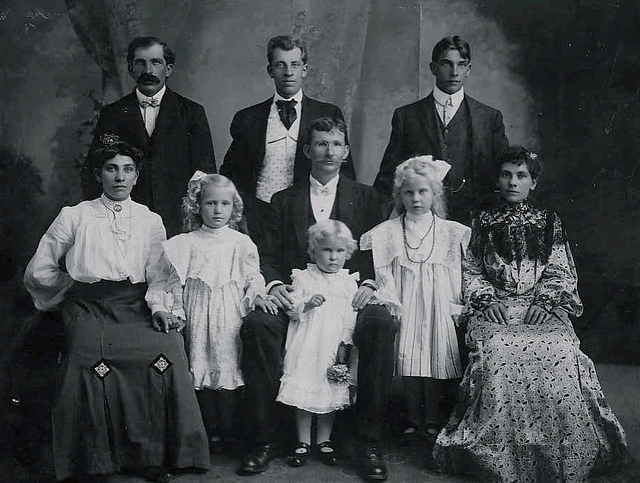Key Takeaways
- Ancestry is the lineage of a person, including parents, grandparents, and great grandparents.
- Heritage is the inherited customs, traditions, beliefs, monuments, and artifacts from our ancestors.
- The main difference between ancestry and heritage is that ancestry deals with lineage, while heritage focuses on cultural inheritance.
Key Difference – Ancestry vs Heritage
Ancestry refers to a person’s descent or lineage, which includes all individuals on Earth. When looking back at history, we can consider our ancestors, such as great grandparents, and recognize that we are descendants of their ancestry. In contrast, heritage encompasses the inherited customs, traditions, beliefs, monuments, and artifacts from our ancestors. Heritage includes both tangible and intangible aspects. The primary distinction between ancestry and heritage is that ancestry relates to the lineage of people, while heritage pertains to the inheritance from ancestry.
What is Ancestry?
Ancestry concerns the people who come before us in our line of lineage, such as one’s parents, grandparents, great grandparents, and their previous generations. In scientific terms, ancestry or ancestors are the people responsible for one’s physical existence through procreation. Tracing back to the past allows us to create a family tree based on anybody’s ancestry. Therefore, ancestry is inherited both genetically and generationally. While one cannot change their ancestry, they can hide details about it.
Knowing one’s ancestry can be helpful in identifying diseases and specific habits, contributing to one’s personal identity. Ancestry is somewhat connected to one’s birthplace, as family members and ancestors may have lived there for an extended period. However, a person does not need to be in their birthplace to trace their ancestry, though it may be useful for gathering more in-depth information about one’s ancestors.
What is Heritage?
Heritage involves cultural inheritance, including both tangible and intangible aspects inherited through culture. Everything we inherit from our ancestors can be considered heritage, which also shapes people’s lifestyles. We form our behaviors according to the habits, lifestyles, ideas, beliefs, and practices inherited from our culture. Heritage can take many forms, such as natural resources, artifacts, paintings, jewelry, clothes, and monuments, or intangible aspects like beliefs, values, traditions, ethics, and morals. All of these elements add value to humans, and we all benefit from these heritages.
An essential aspect of heritage is that it can be preserved and valued, or it can be destroyed. We can also pass on our heritage to future generations if we choose. Heritage is a vital part of our current lives.
What is the difference between Ancestry and Heritage?
The definitions of ancestry and heritage are as follows: ancestry is one’s historical evolution based on family relationships, while heritage is a sort of inheritance from ancestry, not necessarily relatives.
The characteristics of ancestry and heritage include:
Inheritance:
- Ancestry: Ancestry is primarily a biological phenomenon.
- Heritage: Heritage is mostly a cultural phenomenon.
Alterations:
- Ancestry: No one can change their ancestry unless they hide details about it.
- Heritage: Heritage can be preserved or destroyed, according to one’s will.
Importance:
- Ancestry: Ancestry is crucial for figuring out details about diseases and genetic conditions.
- Heritage: Heritage is essential for understanding cultural and social values, especially in the past.
